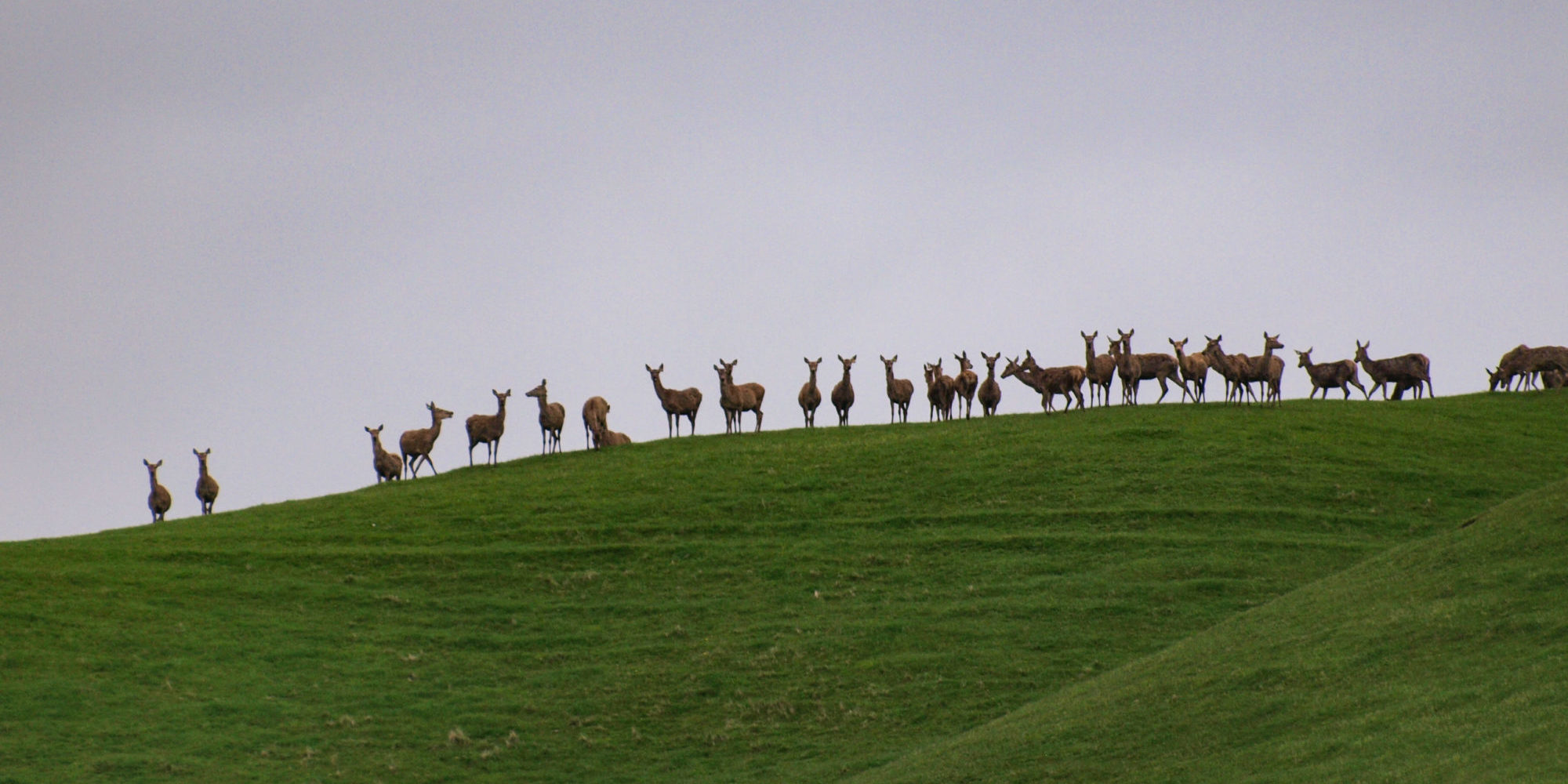Ticks thrive in warmer climates and so are commonly distributed across the North Island, although they are becoming an increasingly widespread issue. During their lifecycle they move on and off a host three times.
Eggs are laid on the soil in summer, hatching to larvae in late summer/early autumn. The larvae migrate up the pasture and attach to a host species on which they feed until fully engorged over the space of a few days. They drop onto the pasture once more and moult into a nymph, which may overwinter even in quite cold temperatures. In the spring nymphs attach again to a host, feed to engorgement, then drop away and moult to adults. Adults will feed off a host in early summer then return to the pasture to lay their eggs, beginning the cycle once more.
Ticks suck on the blood of the host. In severe infestations, especially on young animals, this can result in serious anaemia, with weakness and death sometimes following due to the blood loss. Unexplained death of young stock can sometimes be the first sign of a serious infestation as the ticks themselves can be challenging to spot until they reach the adult stage. Tick bites may cause scarring on the hide and velvet of the host as well, decreasing their value.
Ticks are impossible to eradicate fully so control measures should be instigated. Removing the environment, they prefer (long, rank grass, reeds and scrub) will reduce numbers. Spelling pasture for 12 months can sometimes break the lifecycle if there are no wildlife hosts present. Treating the pasture is not recommended as it will only kill the ticks present at that time and harms other beneficial insect life.
Stock can be treated with a flumethrin pour on that is effective for 3 weeks. August to October is the prime time for treatment to target the nymph and early adult stages. Pre-fawning treatment of hinds can help protect fawns once they are on the ground. Alternatively, grazing cattle or sheep on fawning paddocks through winter/early spring can help with removing nymphs on the pasture.
Naomi Barrett


